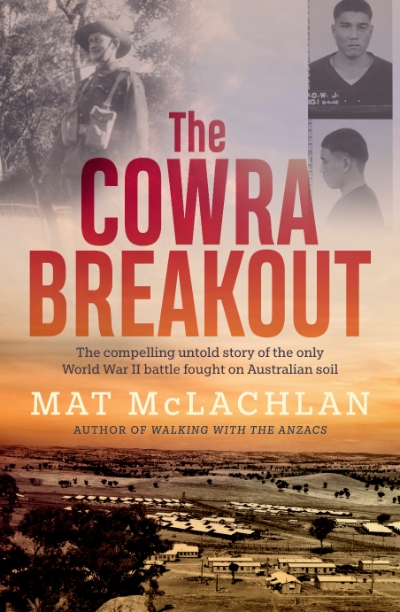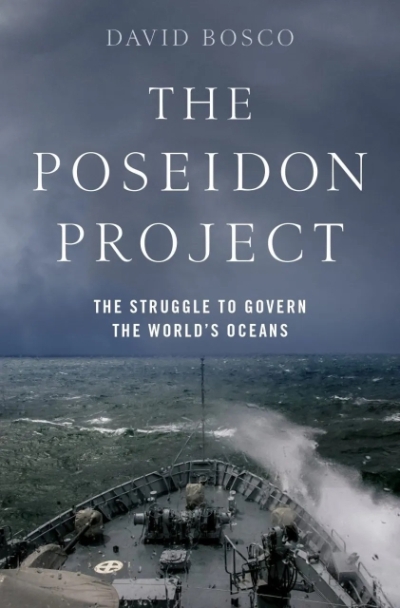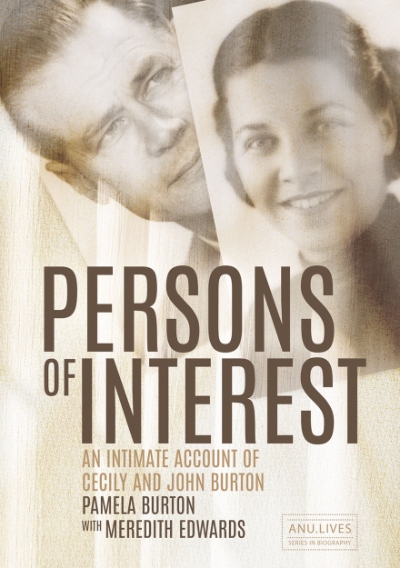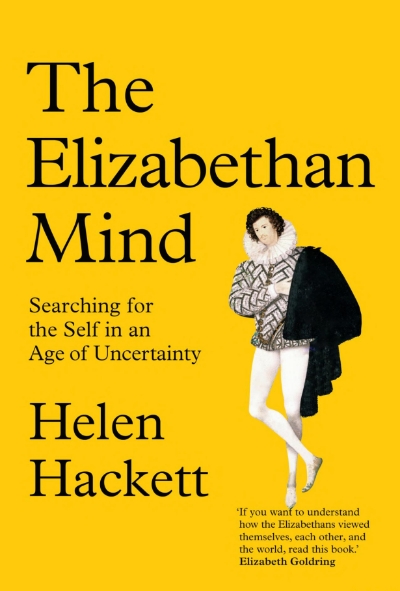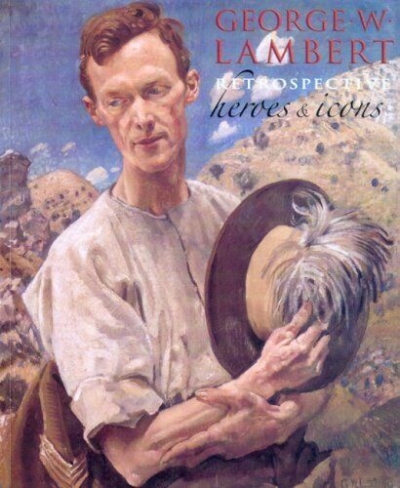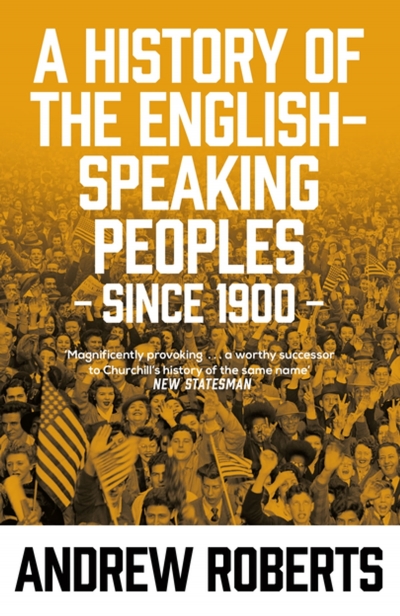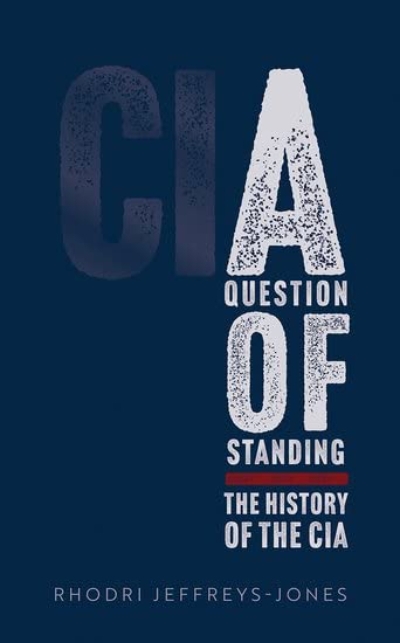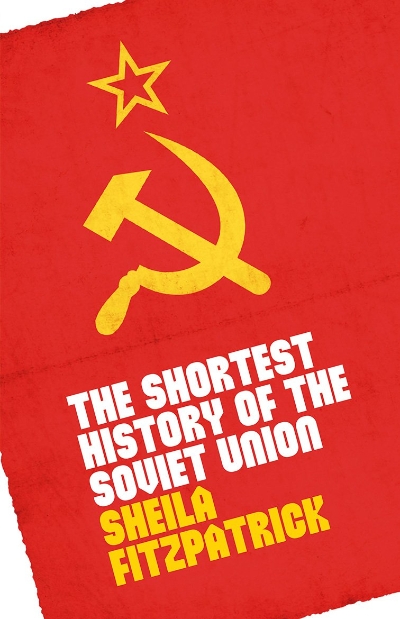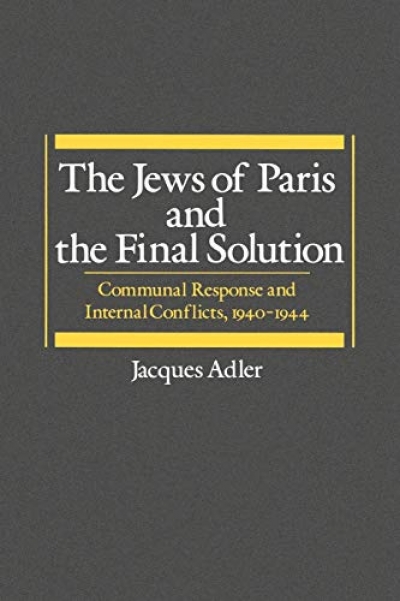History
The Poseidon Project: The struggle to govern the world’s oceans by David Bosco
by Killian Quigley •
Persons of Interest: An intimate account of Cecily and John Burton by Pamela Burton with Meredith Edwards
by Peter Edwards •
The Elizabethan Mind: Searching for the self in an age of uncertainty by Helen Hackett
by P. Kishore Saval •
Algeria, June 1835. General Camille Alphonse Trézel’s expedition to pacify the western tribes had failed. Under the leadership of Emir Abdel Kader, Commander of the Faithful, the Algerians had bloodied the French invaders badly. Outnumbered and compelled to withdraw to the port of Arzew to resupply, Trézel’s column fought desperate rearguard actions for three days and nights. On the fourth day, the Algerian cavalrymen outflanked the exhausted French and were waiting in ambush on the edges of the Macta marshes.
... (read more)George W. Lambert Retrospective: Heroes & icons by Anne Gray
by Patricia Fullerton •
A History of the English-Speaking Peoples Since 1900 by Andrew Roberts
by Geoffrey Blainey •
A Question of Standing: The history of the CIA by Rhodri Jeffreys-Jones
by Timothy J. Lynch •
The Shortest History of the Soviet Union by Sheila Fitzpatrick & Collapse by Vladislav M. Zubok
by Luke Stegemann •

